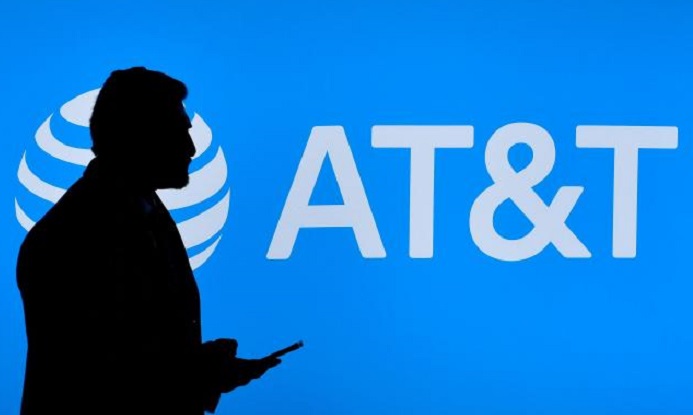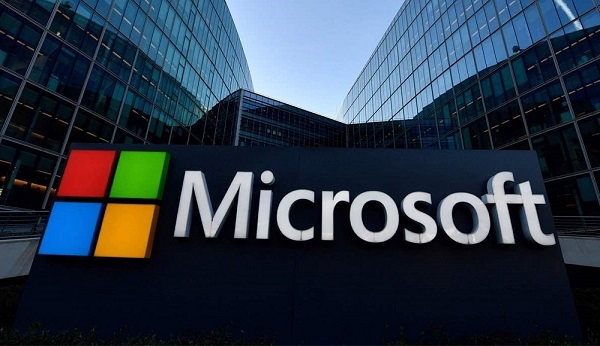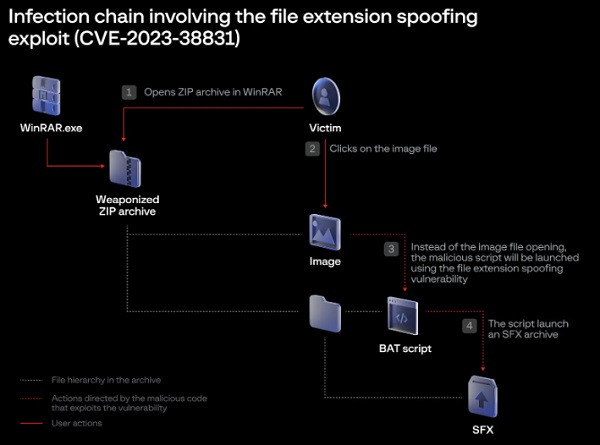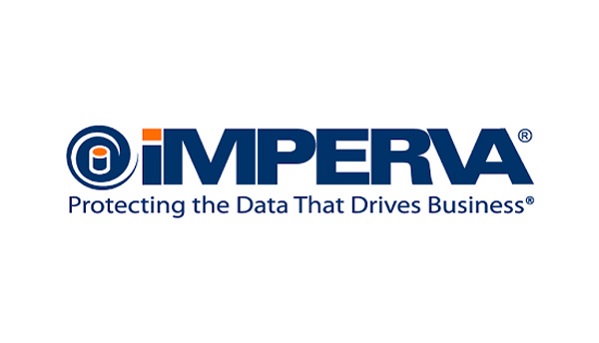AT&T Hackers Steal Cryptocurrency: What You Need to Know
Cybersecurity is a pressing issue that affects individuals and companies alike. With the rise of cryptocurrencies and the increasing use of email for communication and account access, cybercriminals have found new ways to target users and steal their digital assets. One such example is the recent wave of cyberattacks targeting AT&T email users and their cryptocurrency exchange accounts, which has resulted in millions of dollars in stolen crypto. This article explores the details of these attacks, the implications for individuals and companies, and the measures that can be taken to prevent future attacks.
According to reports, a group of hackers has been targeting AT&T email users since November 2022, using unauthorized creation of secure mail keys to gain access to email accounts without needing a password. These mail keys are unique credentials that allow users to log into their email accounts using email apps such as Thunderbird or Outlook. With access to a victim’s email account, the hackers can then start resetting passwords for more lucrative services, such as cryptocurrency exchanges. By resetting the victim’s password via email, the hackers can then gain access to the victim’s cryptocurrency exchange accounts and steal their crypto.
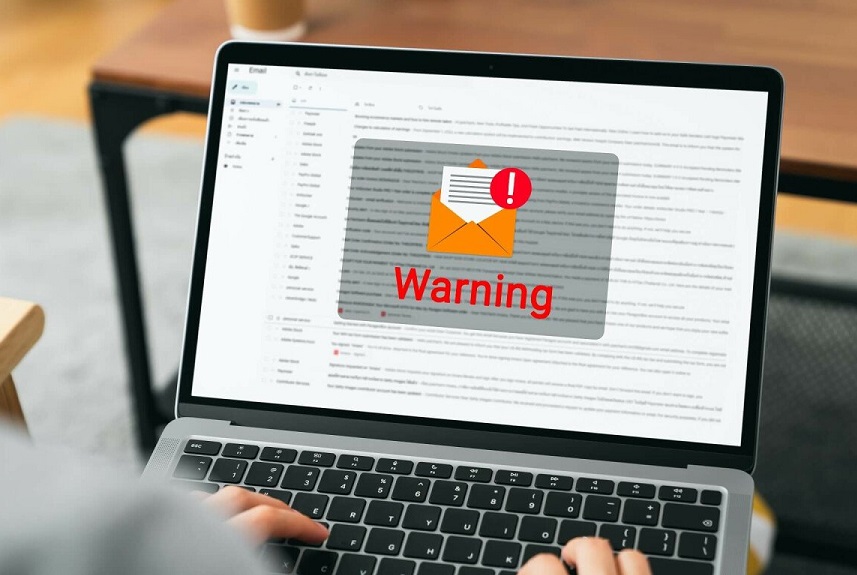
The hackers claim to have access to a part of AT&T’s internal network, which allows them to create mail keys for any user. They also claim to have the entire AT&T employee database, which gives them access to an internal AT&T portal for employees called OPUS. With the last key to accessing the AT&T VPN servers, the hackers can access the company’s internal VPN, giving them further access to sensitive information.
The impact of these attacks has been significant, with victims reporting losses of up to $134,000. The hackers have reportedly made between $15 and $20 million in stolen crypto, although this has not been independently verified. The attacks have also highlighted the vulnerability of even large companies with supposedly secure systems to cyberattacks. This is a concerning development, as cyberattacks are becoming increasingly common, and their impact can be severe, both financially and in terms of reputational damage.
To prevent future attacks, individuals and companies alike must take proactive measures to protect themselves against cybercrime. One such measure is regularly changing passwords, which can make it more difficult for hackers to gain access to accounts. Two-factor authentication is another essential security measure that can add an extra layer of protection. Cryptocurrency exchanges should also consider implementing additional security measures, such as requiring users to confirm withdrawals via a secondary email address or phone number.
Companies like AT&T must invest in stronger security measures and regularly update them to prevent such attacks from happening in the first place. While AT&T’s swift action in identifying the issue and updating its security controls is commendable, more needs to be done to prevent similar attacks in the future. Companies must prioritize cybersecurity and take proactive steps to protect themselves and their customers against cybercrime.
The recent wave of cyberattacks targeting AT&T email users and their cryptocurrency exchange accounts is a stark reminder of the ongoing threat of cybercrime. Cybersecurity is a pressing issue that affects individuals and companies alike, and it is essential to take proactive measures to protect against it. Regularly changing passwords, using two-factor authentication, and implementing additional security measures are just a few ways to protect digital assets from theft. Companies must prioritize cybersecurity and invest in stronger security measures to prevent cyberattacks from happening in the first place.
See more: 1.43 million policy-violating apps blocked by Google in 2022
See more: Hackers access a Government Satellite in Alarming Experiment
Author: Manjushree Gavitre
We hope you found article interesting. For more exclusive content follow us on Facebook, Twitter and LinkedIn

